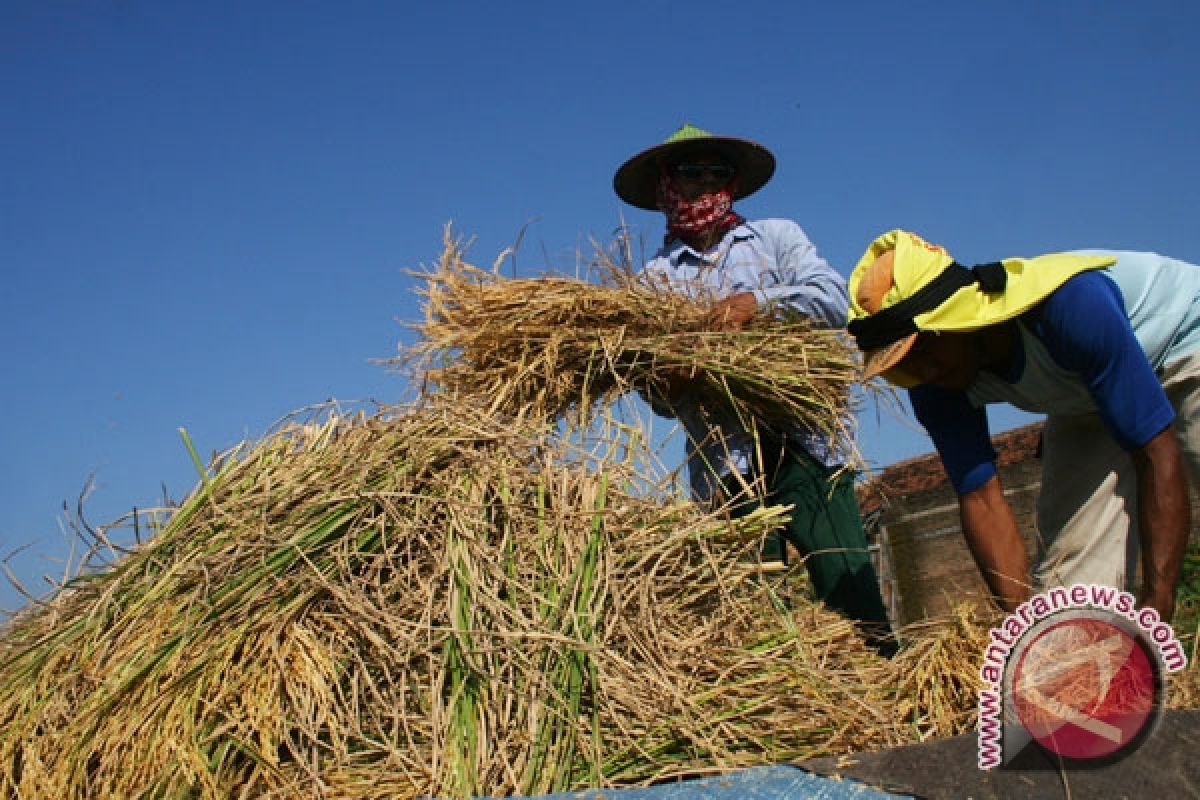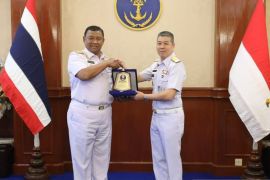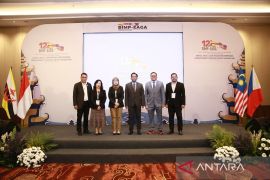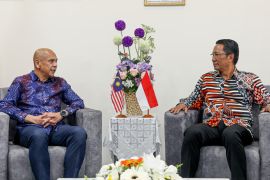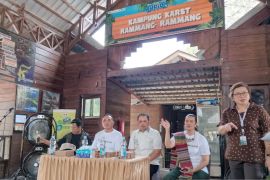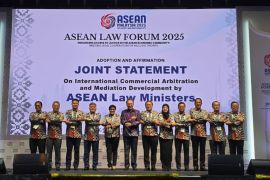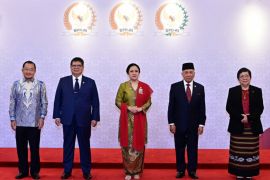It is their call to governments to adopt and implement agricultural and food policies that promote community-based sustainable production as opposed to industry-led, high-input and export oriented production.
In the 19th Association of Southeast Asian Nations (ASEAN) summit in Nusa Dua, Bali, from November 17-19, 2011, ASEAN member countries are expected to come up with proposals or recommendations to enhance or protect their food sovereignty and security.
Indonesian Farmers Association (SPI) Chairman Henry Saragih said here on Monday that ASEAN countries should at their summit encourage each other to achieve food security and sovereignty.
"ASEAN must encourage all of its member countries to uphold their food sovereignty and security," Henry Saragih said.
According to him, ASEAN had to develop a viable regional food security and food sovereignty program that encourages reliable sufficient food reserves to ensure food security and protect their peoples` health and wellbeing from the impact of a food crisis.
Henry said that every ASEAN country should have a mechanism to ensure food sovereignty and the availability of a variety of farm equipment to produce sufficient food for its own citizens.
Besides, he added, countries in Southeast Asia should strengthen their economic or trade defenses against attacks by international market speculators.
According to Henry, ASEAN still lacked an effective mechanism to fight or neutralize speculators who often manipulate the food market and thereby trigger food price hikes in its markets.
"ASEAN is still not able to withstand international food speculators," said Henry, a recipient of an Institute for Global Justice award in 2006.
He said that as ASEAN chairman in 2011, Indonesia was expected to be able to build food sovereignty in Southeast Asia and encourage the creation of provisions for each ASEAN country to produce
adequate food for all of its citizens.
Referring to the food sovereignty issue, a senior economist with the Institute for Economic and Financial Development, Bustanul Arifin, said the low level of national food sovereignty in Indonesia was not the fault of scientists but weaknesses in the implementation of policies to ensure the effective production of food in the field.
"If Indonesia is still considered as not sovereign in the food sector, is not the fault of the scientists who have contributed a lot to this country," Bustanul said.
He pointed out that Indonesia was still importing rice, wheat, and soybean because of increasing need of national food that could not be meet with the domestic production.
But again the Indonesian Farmers Association chairman said the country should end its dependence on food imported from other ASEAN countries if it wanted to fully achieve food security and sovereignty.
Food Sovereignty is the people`s and communities` fundamental right to determine their food and agricultural policies that affect their lives and livelihood.
It is the right to access and control their means of production to ensure that their food sovereignty is protected. It is the right to safe, culturally appropriate foods and sustainable food production.
"Indonesia has so far been dependent on rice imports from Thailand, but this dependence is proving dangerous because around 1 million hectares of agricultural lands in Thailand are now inundated," Henry Saragih said.
Therefore, he said, Indonesia should put an end to its reliance on the international market to meet its food needs.
Henry warned that compared to other countries in Southeast Asia, many parts of Indonesia still lacked food insecurity because they still relied of food supplies from Java island.
According to him, Indonesia should abandon its tendency to let different parts of the country specialize in the production of certain food commodities such as designating Sumatra as a producer of palm oil, Gorontalo as a producer of corn, South Sulawesi as a producer of rice.
In relation with rice imports, Trade Minister Gita Wirjawan said recently the government would look for new rice exporting countries following the threat of harvest failure in Thailand because of the recent floods in the country.
"I have just been informed that Thailand will no longer be able to sell or export rice to Indonesia, and therefore we are trying to find an alternative rice supplier," Gita said.
Meanwhile, Prof Didin S Damanhuri of the Bogor Institute of Agriculture (IPB) said recently that Law No.7/1996 on food should be revised if Indonesia wants to achieve food sovereignty and food security.
The law defined food security as a condition where all people in the households have sufficient food available at all times, represented as sufficient quantity and quality of food in safe and achievable conditions.
Food availability is the physical presence of food in the area of concern through all forms of domestic production, commercial imports and food aid.
Food may be available in an area but not accessible to certain households if they cannot acquire a sufficient quantity or diversity of food through a mechanism.
Didin said the law was thought to emphasize only the availability of food but it did not clearly stipulate how the food would be kept available and who the suppliers could be.
(T.O001/HAJM/A014)
Reporter: by Otniel Tamindael
Editor: Priyambodo RH
Copyright © ANTARA 2011
